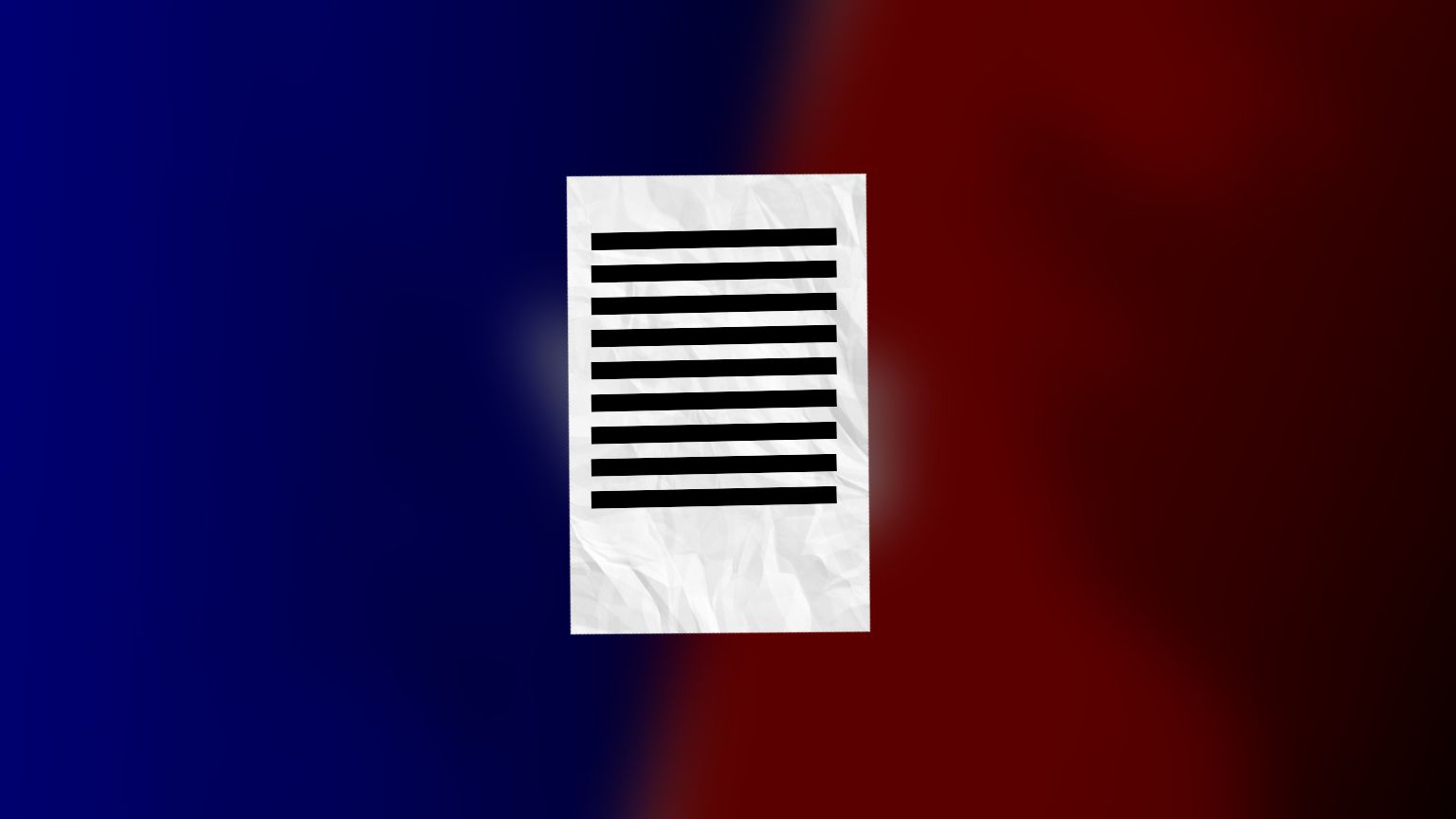Following an assessment of American media, UK-based think tank the Global Disinformation Index released its Dynamic Exclusion Lists, which are used by advertisers to blacklist news websites. GDI ranked left-leaning media outlets more favorably than conservative media.
The list is used by ad networks, including Microsoft-owned Xandr, to refuse to display ads on conservative outlets’ websites.
In December, GDI released a report on “disinformation risk” in the US online media market. The think tank reviewed 69 news outlets and listed 10 that it found least likely to share disinformation and 10 that it found most at risk of spreading disinformation.
The outlets found most at risk of sharing disinformation are:
- New York Post
- RealClearPolitics
- Reason Magazine
- The Federalist
- The Daily Wire
- The Blaze
- One America News Network
- The American Conservative
- Newsmax
- The American Spectator
Outlets found least at risk of spreading disinformation are:
- HuffPost
- New York Times
- The Washington Post
- AP News
- NPR
- ProPublica
- BuzzFeed News
- USA Today
- Insider
- Wall Street Journal
According to The Daily Caller, the GDI receives US taxpayers’ money from the State Department’s Global Engagement Center.
GDI said that the outlets on its list of most at risk to spread disinformation “published content with far fewer fact-based Ledes and far more Bias, Negative targeting and Sensational language than the rest of the sample.” It said that disinformation is not necessarily false reporting, it is adversarial, targeting, and sensational reporting.
It defined disinformation as “adversarial narratives, which are intentionally misleading; financially or ideologically motivated; and/or, aimed at fostering long-term social, political or economic conflict; and which create a risk of harm by undermining trust in science or targeting at-risk individuals or institutions.”










